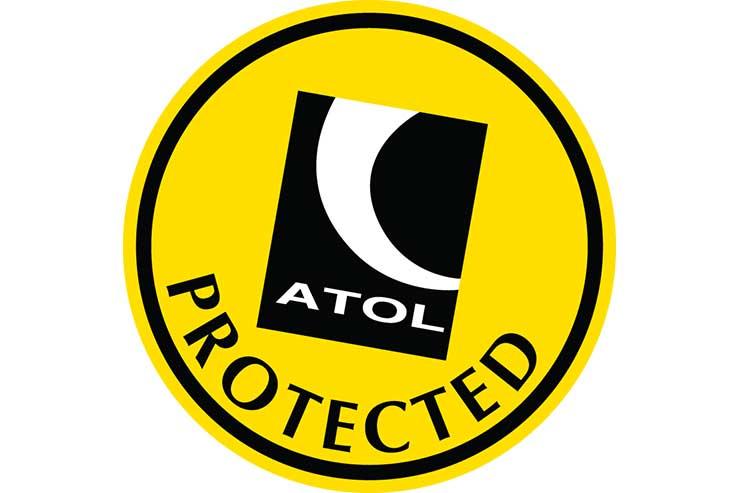Atol reformers favour ‘hybrid’ protection model, report confirms
 Gary Noakes
Gary NoakesAtol reform is likely to centre on a hybrid model with a combination of segregation of customer funds and bonds or other financial instruments.
The CAA has revealed its latest thinking in a new document, Atol Reform, published on Tuesday (24 January) following consultation a year ago.
Previous consultation in 2021 saw segregation of monies rejected by a majority. However, head of Atol Michael Budge said: “The first consultation we talked about bonding and segregation as mandatory options. We uncovered a view expressed by many that this was the CAA rolling out trust accounts. That was not what we were narrating then. We think segregation, not trust accounts, is our emerging preference.”
He added: “We have not discounted bonding, but we have said one approach is more favourable than the other. If you disagree, tell us why.”
The CAA suggests two segregation options; total trust segregation protecting and holding all customer monies in trust until delivery of the holiday is completed, or segregation that allows for release of funds for certain suppliers.
The document said a method of segregation, for example simple client account segregation, “could be chosen to apply to all Atol holders, and then the CAA could set additional requirements based on the risk assessment of that particular Atol holder, for example in terms of allowing only certain supplier payments to leave the client account and/or requiring the Atol holder to provide security to protect these payments against supplier failure via a bond or other financial product”.
Budge stressed the latest document was not a definite proposition. The industry has until 23 March to comment, with a final proposal put by the end of 2023. Implementation will begin from April 2024.
“There will be a transition period, the extent will depend on the changes, but we want to signal very clearly that this is the time we want it to begin,” he said.
Sign up for weekday travel news and analysis straight to your inbox

Gary Noakes
Supplier Directory
Find contacts for 260+ travel suppliers. Type name, company or destination.














